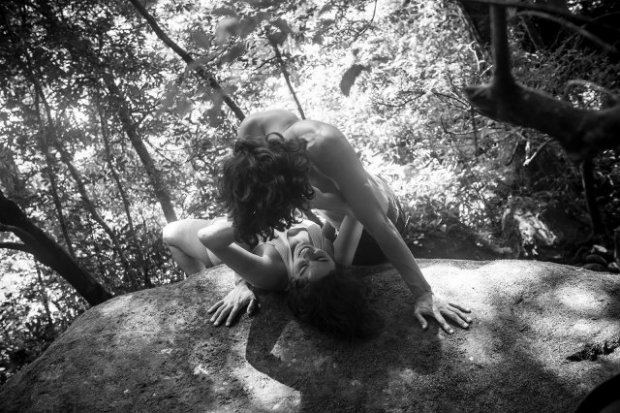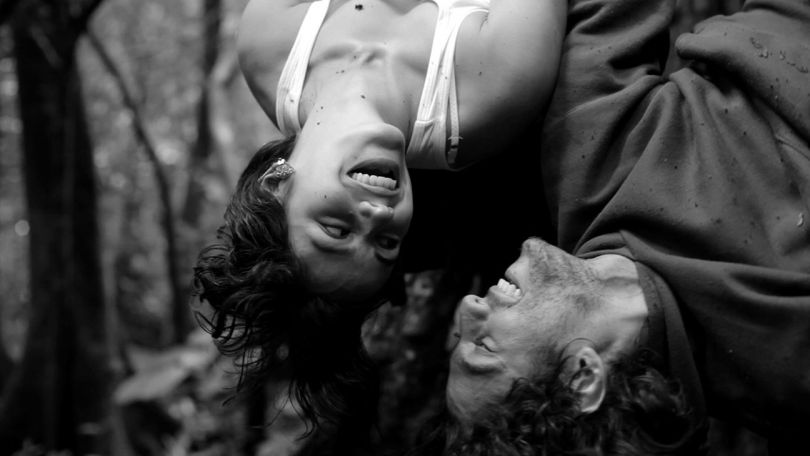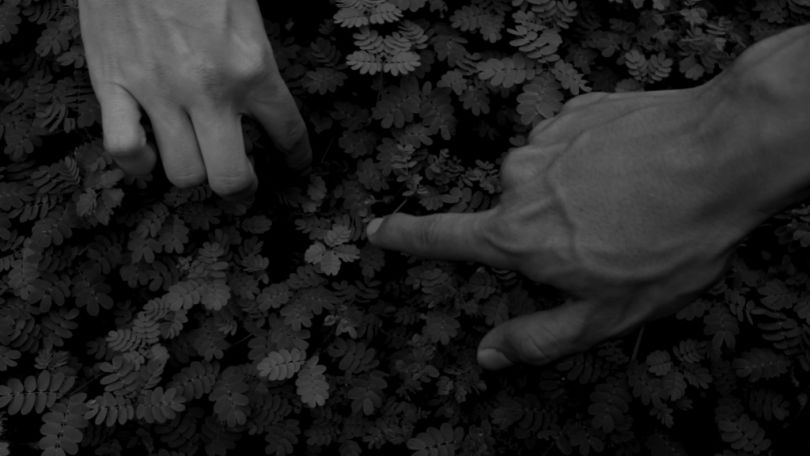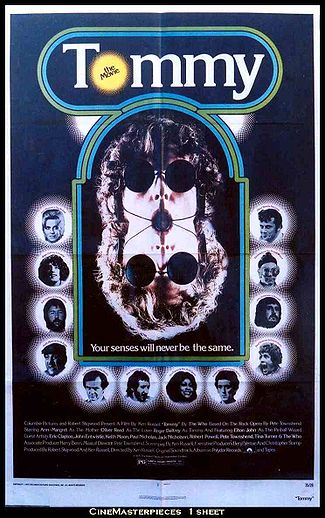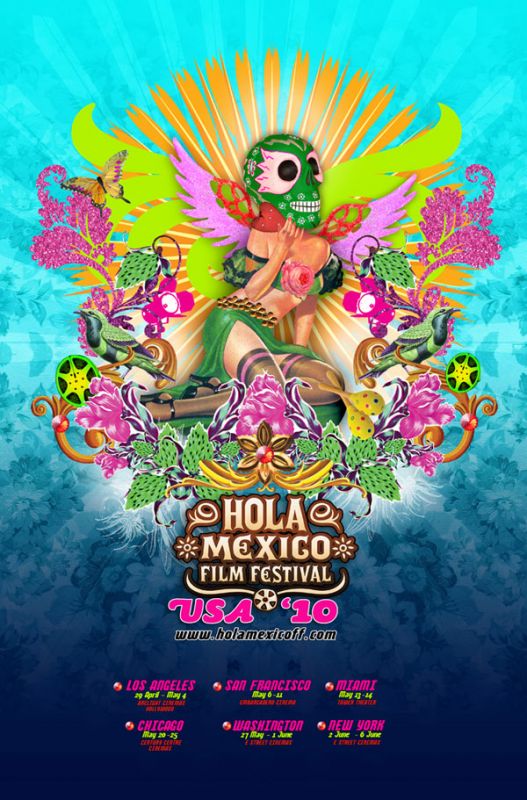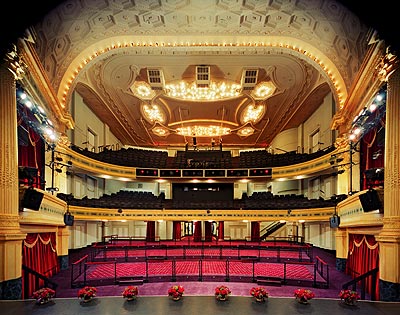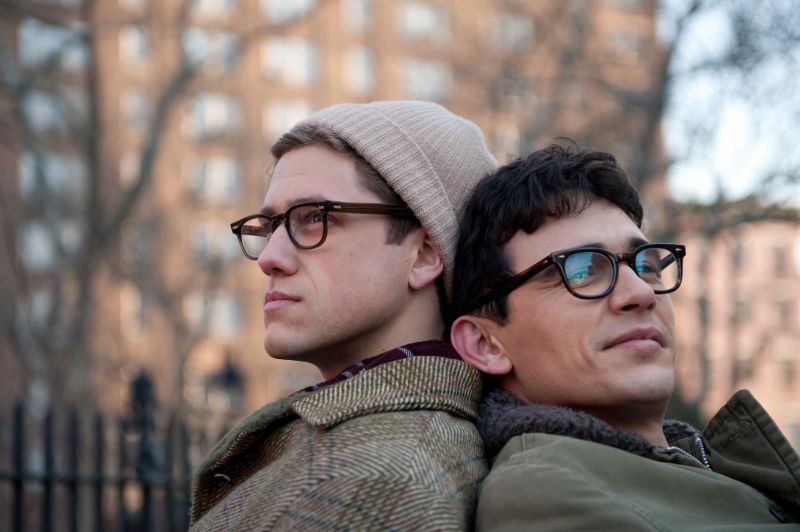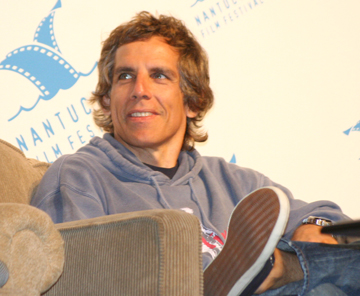|
|
||
|
Pro Tools
FILMFESTIVALS | 24/7 world wide coverageWelcome ! Enjoy the best of both worlds: Film & Festival News, exploring the best of the film festivals community. Launched in 1995, relentlessly connecting films to festivals, documenting and promoting festivals worldwide. Working on an upgrade soon. For collaboration, editorial contributions, or publicity, please send us an email here. User login |
Paz Fábrega's Costa Rican "Viaje"
This Independence Day weekend, celebrate "Viaje" -- an indie gem that festival audiences loved, but distributors snubbed. If you don't need romantic comedy to end with a kiss, Viaje is a film for you. The new feature from Costa Rican director Paz Fábrega is full of small moments that unfold not to achieve a payoff but for their inherent allure. Taken together with the raw, natural performances and attention to character and mood, there are good reasons to say the spirit of the New Wave ripples on with Viaje. And that's quite aside from the sensuous black-and-white lensing that makes it a visual seduction. Certainly, Viaje is the most refreshing no-budget narrative at the 2015 Tribeca Film Festival, if not the finest snub of box-office formula to come along in some time. The story opens at a rollicking costume party in San José, where 29-year-old Luciana (Kattia González) and 30-year-old Pedro (Fernando Bolaños) first meet. He's in full bear regalia, and she's almost as silly in her kindergarten smock. But these two have sparks. In no time they're exchanging giddy rants about bogus social pressures to marry, procreate and defer fun. A drunken smooch leads to a dawn tryst, and pretty soon Pedro is inviting Luciana to camp out with him in Rincón de la Vieja National Park, en route to the rainforest where he's headed for three weeks of field work. Set to composer Alejandro Fernandez's jaunty banjos, claps and piano stylings, their flirtacious antics will charm anyone who has ever had a youthful fling. Just as Pedro takes a sample of spring water for his thesis, so too the film conducts a study of love and the chemistry between its two specimens. For once we have characters who are no larger or more fabulous than life. If anything, Fábrega speaks more emotional truth in this 70-minute Viaje than her characters can maturely embrace. Love is child's play, she seems to be saying, until it threatens to become serious. It's the genesis of the pair's falldown in the Edenic wilds. "Luciana wants to keep it a simpler, more innocent, playful thing," Fábrega told thalo.com at Tribeca. "When she's in the spring, she's realizing that she's feeling very strong things for Pedro and that maybe she's falling in love a little. It's not something she feels she's prepared to handle."
Apparently the filmmaker could relate. "When you start to be attached to a person, a whole lot of other stuff comes in that sometimes gets you into trouble and sometimes hurts," she said. "I don't know what to do with that, myself. The character doesn't either," Fábrega continued. "She doesn't want to get into that side of things." Viaje treads where few coming of agers dare without maps: into the heart of the adult child. What does growing up mean? is the challenge that fuels its quest. "Finding that you're alone, and that nobody shares your life experience," was the answer supplied in Fábrega's 2010 film, Cold Water of the Sea (Agua fría de mar). An artsy, non-narrative work, it took a Tiger Award at the Rotterdam Film Festival, but failed to communicate as broadly as the Colegio Universitario de Alajuela and London Film School grad would have liked. Now, with Viaje, Fábrega has reprised these themes with considerably more accessible storytelling. "Viaje is a lighter side of that exploration, but it is very much about "grownups who are still acting like kids." Fábrega is not one for fingerwagging. Her protagonists may throw caution to the wind, but that very youthful abandon lets them interact with one another in the moment. "It's not very often that you see childlike qualities shown in a positive light," she observed. For Fábrega, Luciana and Pedro's unpremeditated behavior is "not necessarily a bad thing, and it's not necessarily being irresponsible." On the contrary, she argued, "It would be very good for us and for the planet if we were a little bit more childlike." Why else begin a film with two strangers coming together at a costume party? "It's a little bit like how kids meet at a playground and they're best friends right away," remarked the 30-something filmmaker. "You don't need all the background on someone and you don't need a long time to get to know one another. It's like, hey, here's another person and they want to be with me and I want to be with them, and we're going to spend this time together."
By the same token, Viaje invites viewers to come along on its twosome's uncharted emotional wandering. It's one of the pleasures of the experience that plot conventions get tossed as so much extra baggage. In their stead, sitings of realistic passions coax the audience into drifting along with this chance couple even when -- or especially when -- their inner odyssey shifts course. "Something happens to them, but I didn't want them necessarily to change," explained Fábrega, adding, "What you would usually have in a film like this is that they change into becoming more committed people and overcoming their fears." Even if grand transformative arcs were to the filmmaker's liking, such owlishness would not be. "That seems very moral to me and a judgement on this kind of casual relationship, that it's less than a committed relationship. And that's not the case at all," she stated. The same unpreachy sense must have been at work with the spoken and body language, which are as organic as the film's leafy surroundings. Asked about her biggest influences, Fábrega named Michelangelo Antonioni, Terrence Malick, David Lynch and Lucrecia Martel. Yet in directing González and Bolaños, she said, Mike Leigh's improvisational methods especially held sway. "A lot of the time the actors had a guide of a written script, but I purposely told them not to learn it by heart -- just to use it as a reference for the themes and the words, but to do it their own way," she recounted. Like the British master of realism, Fábrega workshopped her talent in search of "that one moment when magic happens." Another Mike Leigh feature she upheld was his "compassion for his characters." Both dynamics came into play while rehearsing a plot twist that leaves Bolaños's character deeply vulnerable. "That was really hard," recalled Fábrega. "I asked Fernando what he would do in a situation like that. He insisted that he would be fine with it since he recognized that people have their different paths. I sort of wanted him to be a little bit hurt, because I wanted to have a different side of the character. But I think it was a little bit too dramatic for him," she mused. Asked if she thought González's character should have shared a key revelation earlier, the filmmaker said she "understood her." As she elaborated, "Maybe Luciana didn't want to burden him with that information because it wasn't going to be relevant. It's only when she finds herself having deeper feelings for him that she finds it important to talk about it."
As the film progresses, the characters' interaction becomes a study in the fleeting nature of moods. In this matter, per Fábrega, art should imitate life. "There are a lot of times when you don't know what's going on, even with yourself," said the filmmaker. She has little patience for cinema's obsession with causality. "In film, usually you have to explain everything. If someone's angry or happy, there has to be a reason. But a lot of the time I don't know why that is. There is mystery in life. And in a lot of the art we make, we try to ignore that. There are a lot of things that happen for no reason in life. They just come and go and are a lot more subtle." At a certain point in Viaje, the dialogue thins out altogether. These scenes so rely on gesture and expression as to suggest silent film, with the sounds of nature as accompaniment. The transition from playfulness to seriousness posed one of Fábrega's toughest challenges in the editing room. "They talk and talk and talk and then they laugh and laugh and laugh and then they stop. She worried that "it was too drastic of a change," but ultimately embraced it. "So much of seducing someone is through talking," she pointed out. "It's not what you're actually saying, since you're not really saying what you mean; it's just connecting. Once there is a connection, there are no words sometimes." In the film, this bond extends to the environment. Shot by Fábrega and Esteban Chinchilla, the silvery tones of the park imagery put over trippy visual poetry. Not since you were last stoned in the woods have you seen such detailed tree bark, such round fungi, such lush ferns! Fábrega's aesthetic may be rendered in unshowy black and white, but it appears to have been carefullly worked out to achieve just the arresting effect you see onscreen. Color, the filmmakers concluded, would have cheapened the look. The trial shoot they did while location scouting came out "too green," Fábrega said. "It looked to us a little bit like a nature documentary." She stressed that she's beguiled by Costa Rica's landscapes, but not as is so often slicked up for commercial ends. "I'm always a little bit wary of it looking like a tourist brochure," she said, adding that she's constantly "looking for an aesthetic that epxresses something different of the places and the nature. It just felt like black and white brought out something diferent in the landscape."
30.05.2015 | Laura Blum's blog Cat. : Costa Rica Fernando Bolaños Kattia González Paz Fábrega Tribeca Film Festival 2015 Viaje Independent
|
LinksThe Bulletin Board > The Bulletin Board Blog Following News Interview with EFM (Berlin) Director
Interview with IFTA Chairman (AFM)
Interview with Cannes Marche du Film Director
Filmfestivals.com dailies live coverage from > Live from India
Useful links for the indies: > Big files transfer
+ SUBSCRIBE to the weekly Newsletter Deals+ Special offers and discounts from filmfestivals.com Selected fun offers
> Bonus Casino
User imagesAbout Laura BlumThe EditorUser contributions |



















